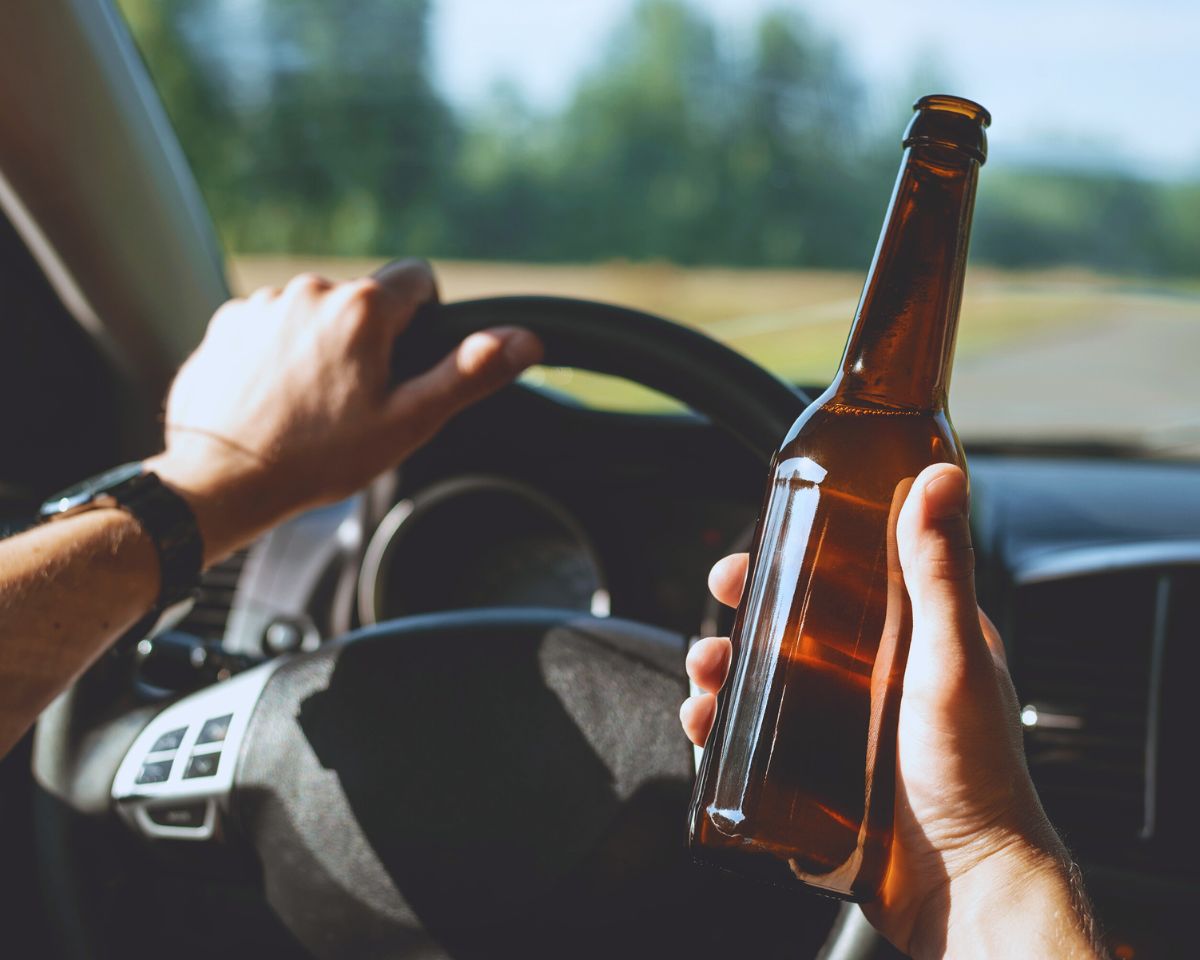Understanding California Vehicle Code Section 23136 CVC – Zero-Tolerance Law. California’s Zero-Tolerance Law, encapsulated in Vehicle Code Section 23136 CVC, is a vital regulation designed to prevent underage drinking and driving. This law specifically targets minors (individuals under 21) who attempt to operate a motor vehicle after consuming alcohol. Let’s explore what this law entails, its implications, and the penalties associated with violating it.
What is California Vehicle Code Section 23136 CVC?
California Vehicle Code Section 23136 CVC is part of the state’s larger effort to reduce drunk driving and enhance road safety. It is a Zero-Tolerance Law, meaning that any minor (under the age of 21) who is caught driving with a blood alcohol concentration (BAC) of 0.01% or higher can face serious consequences.
Under this law, even the smallest trace of alcohol is prohibited for minors. While adults can legally drive with a BAC of 0.08% (or higher, resulting in DUI charges), minors are held to a much stricter standard. The intention is to discourage any consumption of alcohol among young drivers, aiming to reduce alcohol-related accidents and fatalities.
Key Provisions of the Zero-Tolerance Law
Here are the essential elements of 23136 CVC that every California driver should know:
BAC of 0.01% or More: A minor driving with a BAC of 0.01% or greater is in violation of this law, even if they are not visibly impaired.
No Tolerance for Alcohol: The law operates on a zero-tolerance basis, meaning minors are not allowed to have even a trace of alcohol in their system while behind the wheel.
License Suspension: A violation of 23136 CVC typically results in a suspension of the minor’s driver’s license for up to one year. This applies regardless of whether the minor was actually driving erratically or involved in an accident.
Administrative Penalty: The law’s enforcement is based on administrative penalties, not criminal ones, so the minor doesn’t face the same legal proceedings as those who are charged with a full DUI.
How is the Law Enforced?
If a law enforcement officer suspects that a minor has been drinking and driving, they may conduct a breath test at the scene. If the minor’s BAC is measured at 0.01% or higher, the officer will issue an administrative suspension of the minor’s driver’s license. This is an immediate penalty, and the minor’s driving privileges will be restricted until the matter is resolved.
Consequences of Violating 23136 CVC
Violating the Zero-Tolerance Law can have serious and lasting consequences for a minor. Here are the primary penalties:
License Suspension: As mentioned earlier, a BAC of 0.01% or higher results in an automatic suspension of the minor’s driver’s license for one year. This can severely limit their ability to commute to school, work, and social activities.
Restricted Driving Privileges: In some cases, the court may allow the minor to apply for a restricted license, but this typically requires the completion of alcohol education programs or other rehabilitation measures.
Impact on Insurance Rates: A violation of the Zero-Tolerance Law can lead to an increase in auto insurance premiums for the minor’s family. Insurers view underage drinking and driving as a high-risk behavior, which could result in higher costs for coverage.
Criminal Penalties for Additional Violations: While 23136 CVC deals primarily with administrative penalties, it can be compounded if the minor is involved in a DUI or other criminal offenses related to alcohol consumption. In this case, more severe criminal charges, including fines and potential jail time, can be imposed.
Exemptions and Defenses
There are very few exceptions under California Vehicle Code Section 23136, as the law’s primary goal is to curb underage drinking and driving. However, there are a couple of scenarios where the law might not apply:
Medical Emergency: If a minor consumes alcohol for a valid medical reason, they might have a defense in certain situations, though this would likely require substantial documentation from a healthcare provider.
Non-Alcoholic Beverages: If a minor has consumed beverages with an alcohol content below 0.01%, they could potentially avoid violations, although proving this may be complicated.
The Importance of Zero-Tolerance Laws
The main purpose of 23136 CVC is to ensure that young drivers are not under the influence of alcohol, reducing the risk of impaired driving accidents, injuries, and fatalities. Alcohol impairs judgment, reaction time, and motor skills, and it is especially dangerous when combined with the inexperience of young drivers.
Steps to Take if You Are Accused of a Violation
If a minor is accused of violating California Vehicle Code Section 23136, there are a few steps that should be taken:
Do Not Panic: The first thing to do is remain calm. The administrative suspension does not mean criminal charges, and there may be ways to reduce penalties.
Consult an Attorney: It is wise to consult with a criminal defense attorney who specializes in California traffic laws. They can help assess the situation and offer advice on how to handle the suspension, any hearings, and potential outcomes.
Take an Alcohol Education Course: In some cases, attending an alcohol education course or community service might be a way to reduce the impact of the violation or qualify for a restricted license.
Conclusion
California Vehicle Code Section 23136 CVC is a critical piece of legislation that seeks to protect young drivers and the community by enforcing a zero-tolerance policy on underage drinking and driving. The law’s strict penalties for minors caught driving with any measurable amount of alcohol in their system reflect the seriousness with which California treats impaired driving. Parents, teens, and young drivers should all be aware of the consequences and work to ensure they stay safe and law-abiding on the road.
By adhering to the law and understanding its provisions, drivers under the age of 21 can avoid the hefty consequences of violating the Zero-Tolerance Law and help keep California’s roads safe for everyone.





